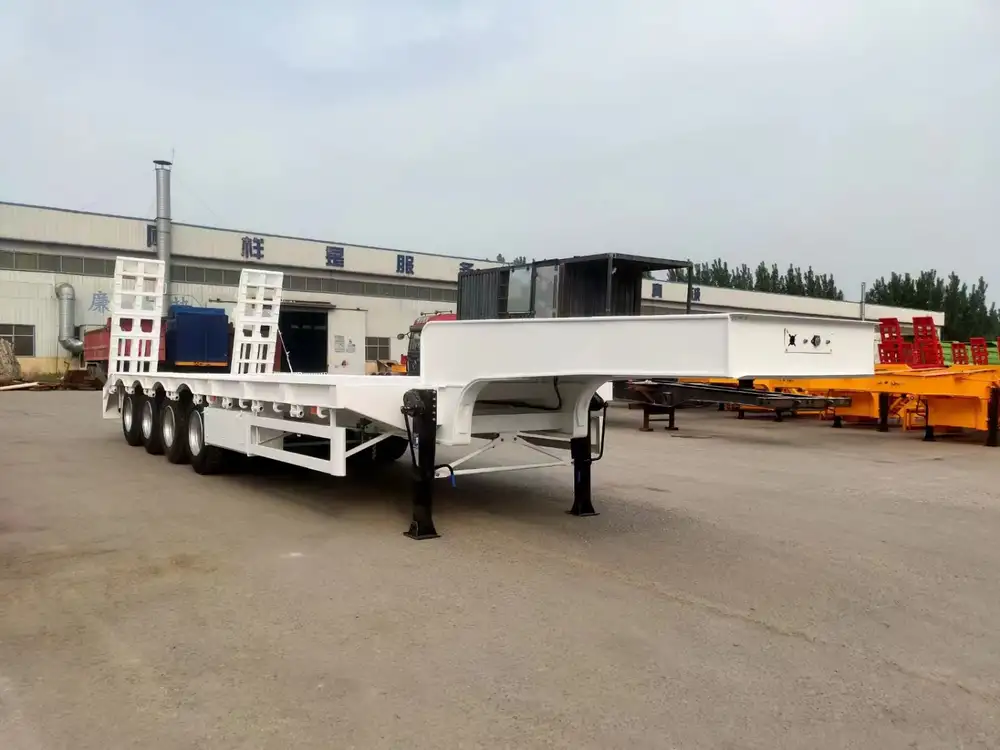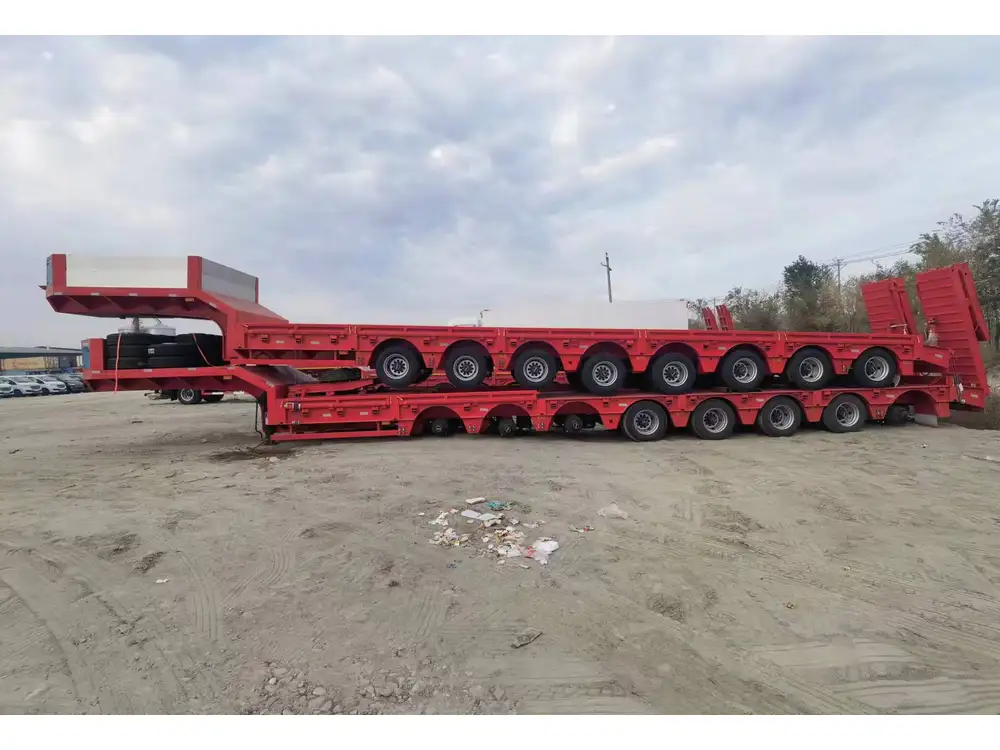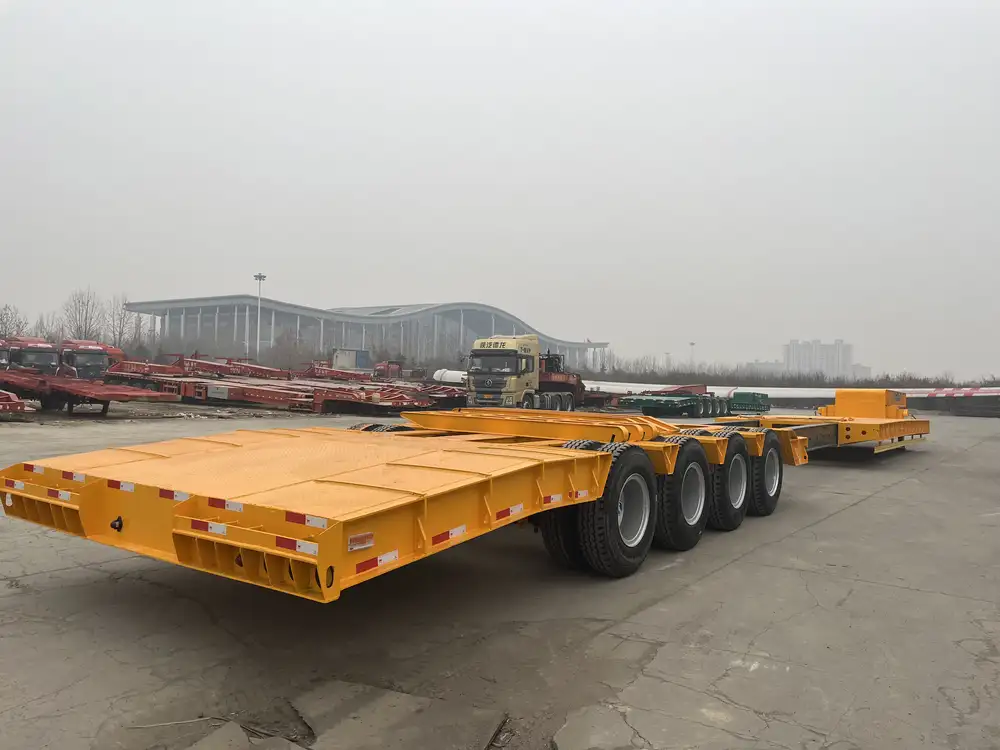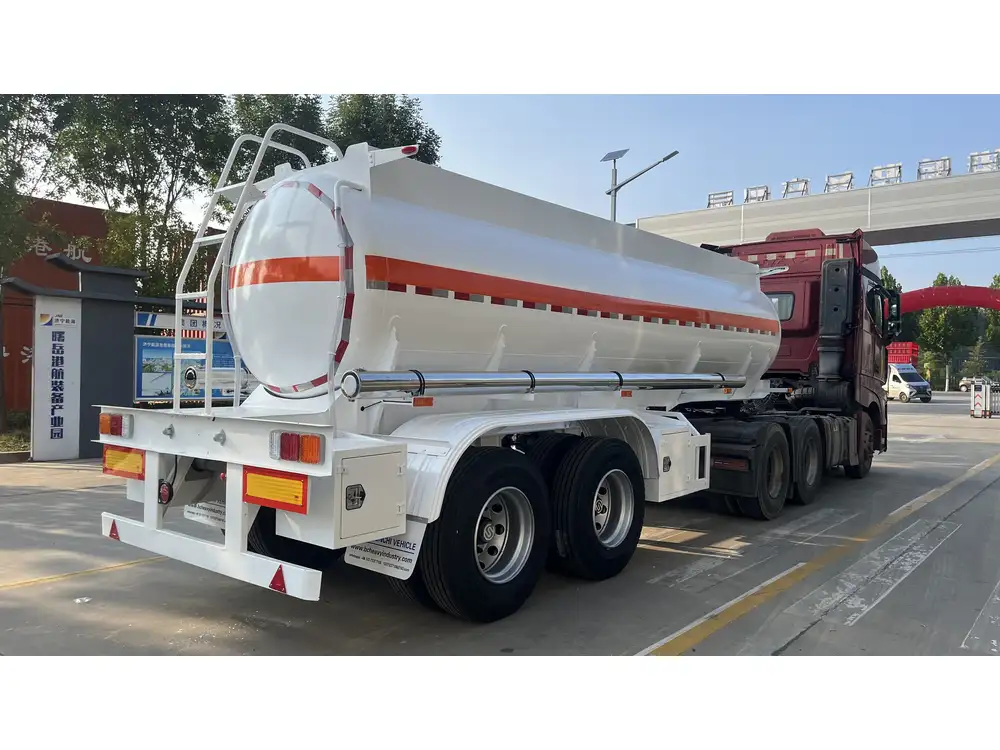When entering the market for a dump trailer, it’s crucial to understand various considerations that can significantly impact your purchase decision. Dump trailers offer unparalleled convenience for transporting loose materials, and selecting the right model can optimize your efficiency on the job. Below, we dissect essential factors to contemplate, ensuring your investment aligns with your specific needs.
1. Understanding Your Requirements
1.1 Purpose of Use
Before diving into technical specifications, determine the primary purpose of your dump trailer:
- Construction Projects: Ideal for transporting gravel, sand, or debris.
- Landscaping Needs: For carrying mulch, soil, or large plants.
- Agricultural Use: Useful for hauling feed, compost, or other bulk materials.
- Personal Use: Consider if you need it for home improvement projects or recreational activities.
Understanding your usage aids in identifying the appropriate size, material, and build of the trailer.

1.2 Weight Capacity
Payload capacity is a primary focus when selecting a dump trailer. Overloading can lead to structural damage and safety hazards. Consider the following:
- Gross Vehicle Weight Rating (GVWR): This includes the weight of the trailer plus the cargo.
- Payload Capacity: Subtract the trailer’s weight from the GVWR to determine how much cargo it can carry. Common capacities range from 5,000 to 20,000 pounds.
1.3 Trailer Size and Dimensions
The dimensions of the trailer—length, width, and height—should cater explicitly to your needs. Key factors to evaluate include:
- Cargo Volume: Measure the cubic feet to ensure adequate space for your materials.
- Adaptability: Some projects may require different materials, so ensuring various sizes can enhance versatility.
Table 1: Common Dump Trailer Sizes and Capacities
| Trailer Length | Width | Capacity (Cubic Feet) | Max Payload (Pounds) |
|---|---|---|---|
| 5′ | 8′ | 13 | 7,500 |
| 6′ | 10′ | 22 | 10,000 |
| 7′ | 12′ | 30 | 15,000 |
| 8′ | 14′ | 40 | 20,000 |

2. Build Quality and Material
2.1 Frame Construction
The durability of the frame significantly affects performance and longevity. Common materials include:
- Steel: Known for its strength; optimal for heavy-duty tasks but can be heavy.
- Aluminum: Lightweight and resistant to rust; suitable for lighter loads but generally more expensive.
2.2 Bed Material
The bed’s construction can influence both the weight of the trailer and its ability to carry heavy loads:
- Steel Beds: Robust but may corrode without proper treatment.
- Aluminum Beds: Lighter and corrosion-resistant but may not handle extremely heavy loads as well.

2.3 Axle Configuration
Diversity in axle configurations affects stability and load distribution:
- Single Axle: Easier to maneuver but limited payload capacity.
- Tandem Axles: Better stability and higher weight capacities, ideal for large loads.
3. Hydraulic System Considerations
3.1 Hydraulic Capacity
When assessing a dump trailer, pay attention to the hydraulic system—integral for raising and lowering the bed. Key aspects include:
- Pump Type: Electric pumps are convenient, while hydraulic pumps can offer robust performance.
- Hydraulic Fluid Tank Capacity: Larger tanks facilitate longer operation times without needing to refill.

3.2 Lift Mechanism
The mechanism by which the bed is raised also plays a crucial role:
- Scissor Lift: Provides greater lifting height and stability; better for handling heavier loads.
- Single Cylinder Lift: A standard option that is efficient for most residential use.
4. Tongue and Hitch Types
4.1 Coupler Type
Examine the coupler and hitch options available for the dump trailer:
- Bumper Pull Hitch: Easier to connect and disconnect, typically used for lighter loads.
- Gooseneck Hitch: Provides better towing stability, ideal for larger trailers.

4.2 Tongue Length
The length of the tongue affects maneuverability. Longer tongues enhance stability while towing but may limit tight turns.
5. Features and Safety
5.1 Braking System
Brakes are vital for safe transportation. Different systems include:
- Electric Brakes: Offer more responsive braking, essential for heavy loads.
- Surge Brakes: Automatically engage when the trailer slows down, aiding in smoother stops.

5.2 Safety Features
Evaluate trailers with integrated safety features:
- LED Lights: Improved visibility both during the day and night.
- Reflective Tape: Ensures visibility from all angles, enhancing safety during night operations.
5.3 Tarp System
Consider a trailer equipped with a tarp system to secure loads, preventing spills during transport. Manual and electric options are available, each with its benefits.
6. Price and Warranty

6.1 Budget Considerations
Prices for dump trailers vary widely based on size, materials, and features. Establishing a budget helps narrow down options without compromising quality.
6.2 Warranty Options
Investigate warranty coverage thoroughly:
- Manufacturer’s Warranty: Length and coverage details can protect your investment.
- Extended Warranty: Consider purchasing additional coverage for added peace of mind, especially for heavy-duty use.
7. Research and Customer Reviews

7.1 Checking for Options
Explore various manufacturers and local dealers. Utilize online resources and forums to find customer feedback, examining how they rate the performance and durability of the trailers.
7.2 Comparing Specifications
Compile a checklist of essential specifications and features. Comparing multiple models can help underline the best selection for your requirements.
Comparison Table: Top Dump Trailer Brands
| Brand | Weight Capacity | Material | Warranty | Price Range |
|---|---|---|---|---|
| Big Tex Trailers | Up to 20,000lbs | Steel | 1 Year | $3,000 – $9,000 |
| PJ Trailers | Up to 14,000lbs | Steel | 2 Years | $3,500 – $8,500 |
| Carry-On Trailers | Up to 10,000lbs | Aluminum | 1 Year | $2,500 – $6,000 |
| Dakotaland Trailers | Up to 15,000lbs | Steel | 3 Years | $4,000 – $10,000 |

8. Final Thoughts
Acquiring a dump trailer is a significant investment that can streamline work efficiency and versatility. By carefully considering the factors explored above— from weight capacity and materials, to features and budget— ensures that you make a stellar choice that perfectly aligns with your demands.
In conclusion, the intricate details surrounding dump trailers necessitate attention for a wise purchase. Equip yourself with comprehensive knowledge, thus transforming your operational capabilities while ensuring enhanced productivity in your endeavors. Your future projects deserve a trailer that performs as reliably as it looks.



